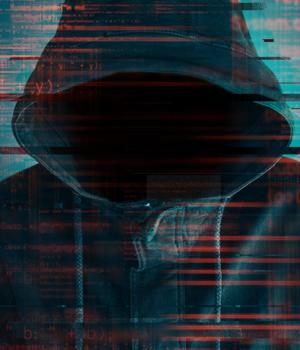Security News > 2001 > January > Fear Of State Hacking in Bill

http://nz.internet.com/r/article/jsp/sid/326868 by Keith Newman nz.internet.com 09/01/01 09:35 Privacy Commissioner Bruce Slane is concerned changes to the Crimes Act are about to give Police, secret service agencies, internet service providers and telecommunications carriers unprecedented powers to snoop into peoples private electronic business. While welcoming harder measures against electronic crime encompassed in the Crimes Amendment Bill (No 6), Mr Slane wants greater control over the snooping powers of state agencies. He fears if the law were to be passed in its present form, trawling through personal information could be authorised on an unprecedented scale presenting a considerable risk to privacy. The Bill introduced into Parliament in November is designed to make computer hacking and other unauthorised access of personal computers illegal but exempts the Security Intelligence Service (SIS), the Government Communications Security Bureau (GCSB). The police need only obtain a search warrant to conduct an electronic search and telecommunications and internet service providers can intercept information for purposes of maintaining the internet or other communications services. Mr Slane opposes the pernicious practice of police hacking into computer databases and has called for a full and meaningful public reporting of any state interception of non-oral communication and accessing of computer systems. Generally the Privacy Commissioner says Police search warrants should not provide legal authority for remotely accessing computers in a type of "Police hacking". Instead, the bill should be amended so that a search warrant merely provides authority to search the content of a computer found on premises being searched pursuant to that warrant. He also wants internet service providers (ISPs) and telecommunications network providers to face criminal sanctions if they retain, use or disclose private communications obtained during maintenance work. Mr Slane says evidence should be obtained to establish whether there really is a need for ISPs to have access to the content of private communications. If such access is not essential the exemption should not be granted. He says any information obtained through electronic surveillance should not be used for any other purpose other than that for which it was originally obtained and should be destroyed when the investigation is completed. It is essential that covert interception and computer access be limited to the level absolutely necessary to enable the relevant agencies to perform their proper functions. It must be subject to careful authorisation processes and operational controls, and be proportionate to the intrusion on privacy, says Mr Slane. He says a single warrant can authorise listening in to hundreds of conversations involving dozens of individuals beyond the targeted individual. Under the new law the SIS could conduct a similar interrogation of a database. He wants exemptions from the law withheld until the GCSB is placed on a statutory footing and made subject to a statutory warrant process. Currently the bureau is not established by statute and neither the government nor the public has any say about its activities or knows precisely what it is or does. The GCSB currently operates spy stations at Waihopai near Blenheim and at Tangimoana in the central North Island gathering and passing on intercepted information to other spy agencies in Australia, Britain, Canada and the US. While previously those listening devices were included in a statutory exemption the new Bill opens the way for expansion of such operations. Mr Slane says he wants to see the law better clarified to strike a more appropriate balance between collective rights to privacy and competing state interests. ISN is hosted by SecurityFocus.com --- To unsubscribe email LISTSERV () SecurityFocus com with a message body of "SIGNOFF ISN".